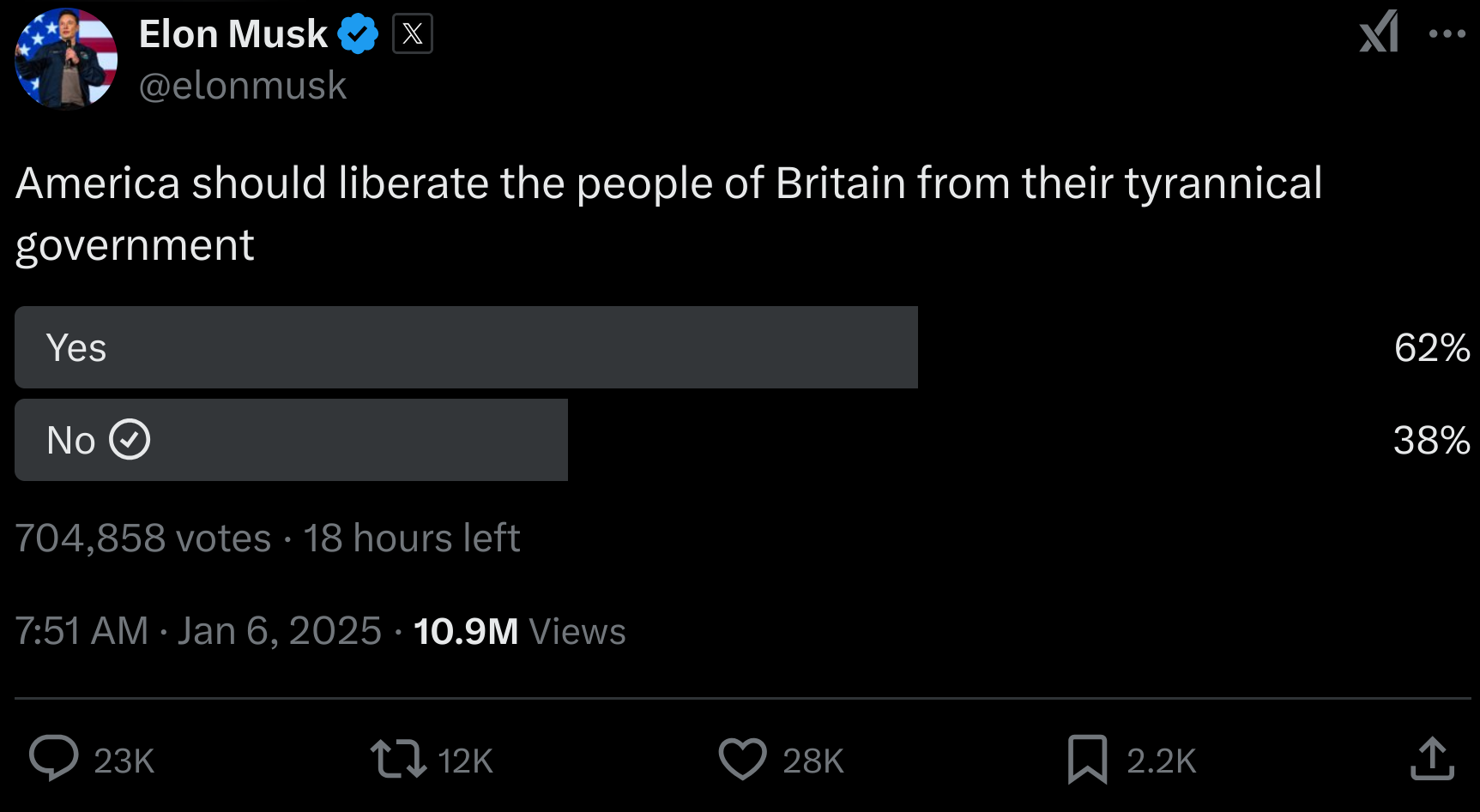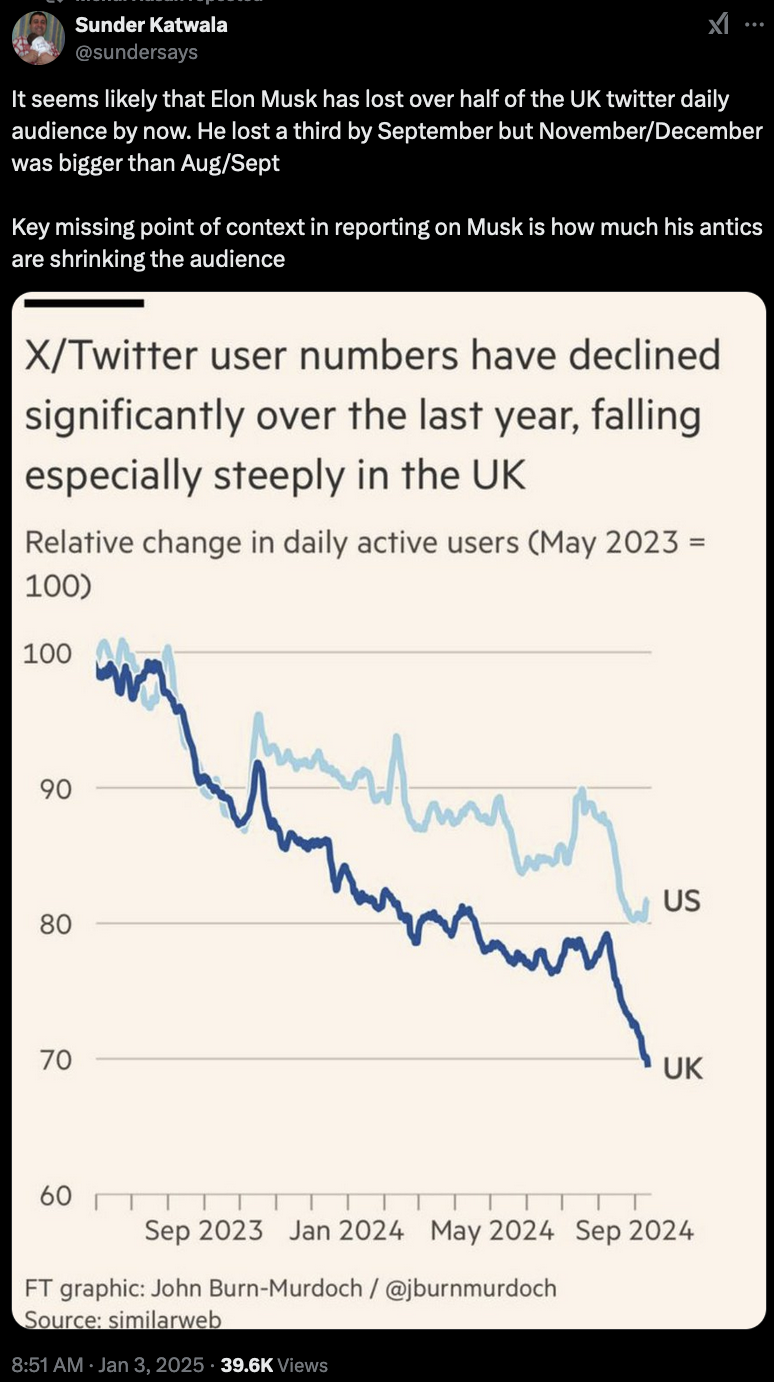Archived link
As the issue of alleged Chinese spy Yang Tenbo’s relationship with Prince Andrew was raised in Parliament last week, a wide-ranging discussion about the U.K.’s relationship with China landed on a recurring theme: the Britain’s reliance on China for solar panels.
“[W]hy are we still buying from China huge numbers of solar arrays that have demonstrably been made using slave labor?” Member of Parliament Iain Duncan Smith asked. “[F]ar from challenging China on human rights, it now appears that we are turning a blind eye.”
Questions about human rights keep turning up because U.K. industry relies heavily on Chinese materials, and there is evidence of a range of human rights violations in their production, including forced labor.
That presents an apparent dilemma. On the one hand, there is the idea of a fast and cheap green transition. On the other hand, there is the idea of a clean human rights chain
[...]
Two routes
Option one is supply chain diversification — buying solar panels from elsewhere.
A report from Brussels-based economic think tank Bruegel last year proposed developing a partnership of countries that can together supplement China’s solar contribution.
The view there is that no single country can take over China’s role, but in time, a group of like-minded countries could do so.
[...]
“Its a somewhat unique situation,” professor of Environmental Studies at San Jose State University, Dustin Mulvaney told Domino Theory.
“Much of the problems caused to the industry because of the forced labor issues were because the industry did not have traceability and transparency in supply chains. So I break the dichotomy by saying we should be for transparent supply chains so in the event of a forced labor issue, it can be quickly resolved.”
This idea matches the positioning of Solar Energy U.K. — a grouping which advocates for solar developments in the U.K.
[...]
Solar manufacturers in Xinjiang have been implicated in so-called “labor transfer” initiatives that have been revealed to operate within an environment of coercion, backed by the threat of re-education and internment. So this is a key target of any transparency initiatives.
[...]
There are, though, remaining issues with a transparency approach.
“There is also the issue of coal use in the supply chain that means the solar made on forced labor is probably only saving half of the emissions it would otherwise if [built] with no coal electricity/heat. So there are climate benefits from geographical diversification as well,” Mulvaney noted.
Additionally, one industry insider, working on handing out government grants for small-scale solar projects, noted that while they give advice on procurement, it is not legally binding, and essentially responsibility was deferred to the individual stakeholders.
[...]

